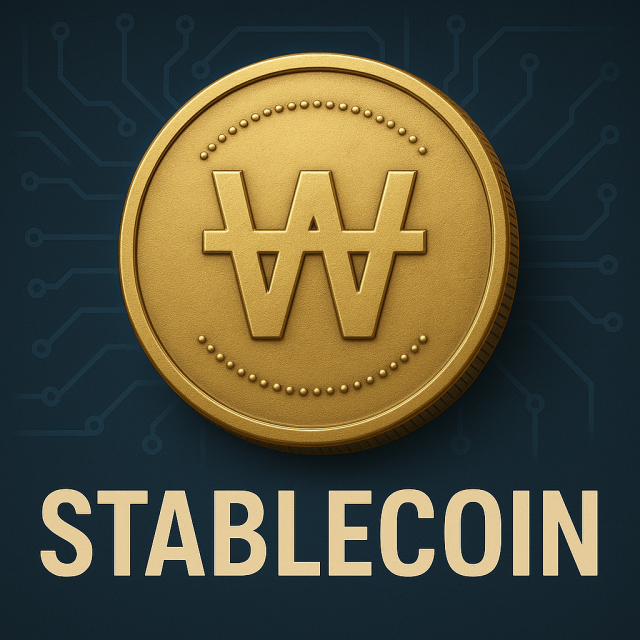
Central bank officials say that without carefully designed regulations, stablecoins could pose systemic risks and weaken the South Korean currency's status as legal tender.
In response, the Bank of Korea will host a high-profile conference on July 1 to address the implications of stablecoin adoption and outline possible countermeasures.
While the bank is expected to acknowledge the growing inevitability of stablecoins in the global financial landscape, it will stress the importance of a measured approach rooted in financial stability concerns.
“Won stablecoins are currency substitutes, and if non-bank institutions issue them freely, it could significantly undermine monetary policy effectiveness,” said BOK Governor Rhee Chang-yong during a press briefing on May 29.
Stablecoins — digital assets typically pegged to traditional fiat currencies such as the U.S. dollar or euro — are increasingly viewed as tools for faster, lower-cost payments with reduced volatility. Yet their adoption in South Korea remains tentative, with policymakers weighing risks and potential frameworks
Market interest spiked earlier this month after Kim Yong-beom, policy chief of the presidential office, floated the idea of a “Korean-style” model that would allow private financial institutions and fintech firms to issue won-backed stablecoins, alongside banks.
However, significant legal hurdles remain. Experts say the launch of a functional won-denominated stablecoin would likely require extensive amendments to a web of financial statutes.
Analysts expect the Bank of Korea to maintain its cautious stance until a unified regulatory approach emerges among government agencies and ruling party lawmakers.
Copyright ⓒ Aju Press All rights reserved.




